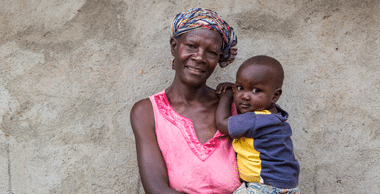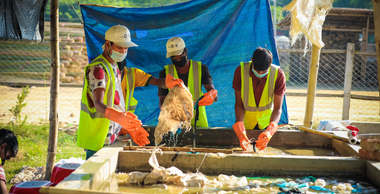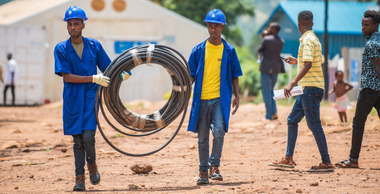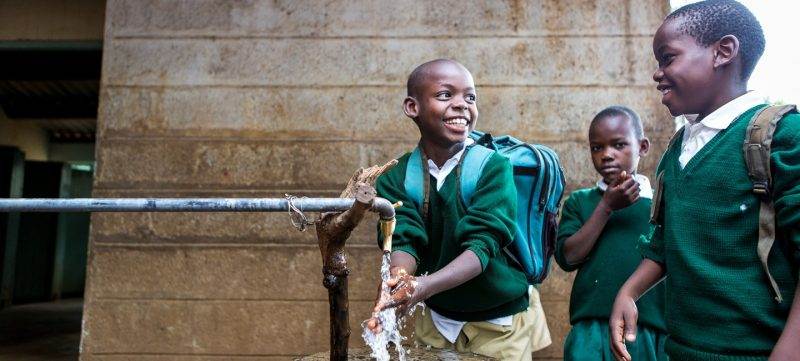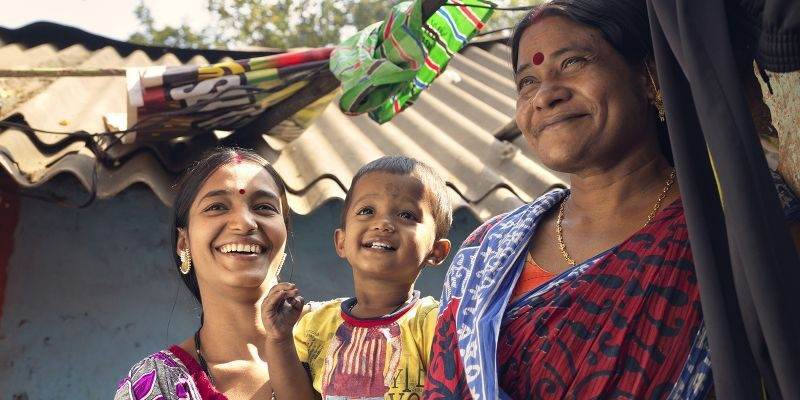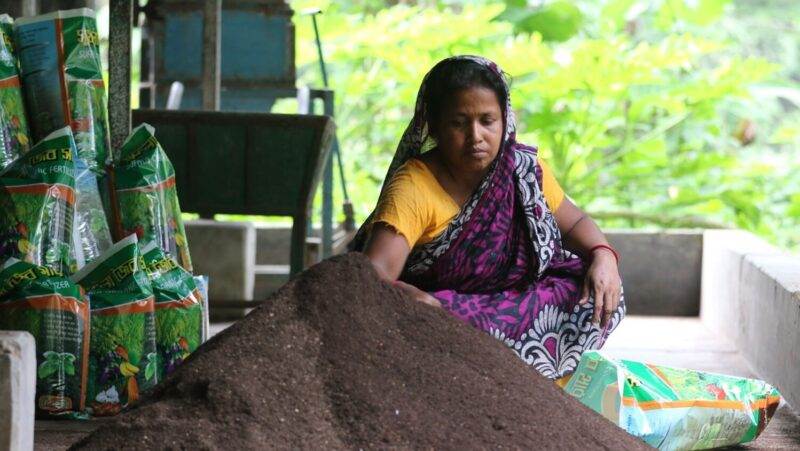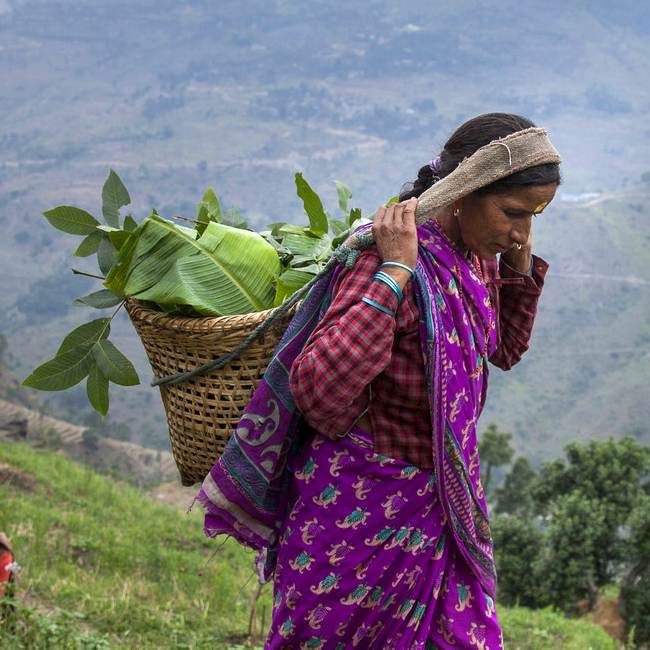Cities for people
Improving health and living conditions
Empowering slum communities, ensuring they have essential services
Cities for the planet
Managing resources sustainably
Sewage and rubbish handled safely. Sustained access to water, despite climate change
Cities for big change
Making city-wide systems work for the poor
Bringing together city authorities, informal workers, companies and communities
By 2025, our work with partners will have led to improved water, sanitation and waste management services for 1 million people living in slum communities and a further 2.4 million systems beneficiaries.
Our cities focus
We challenge the idea that poor people should have to live in squalor. We’ve pioneered solutions that are helping change cities for good, while building resilience to climate change. Our partnerships with commercial companies are bringing state-of-the-art waste and sanitation treatment facilities to areas that need them most. Our approach creates connections between communities and local authorities which empower the poorest and help them to address their other priorities. We’re working towards cities fit for people:
- With safe water for drinking and washing
- Where refuse and sewage are safely and sustainably contained, collected and processed
- Where waste and sanitation workers have safe, dignified employment
What makes us different
- We understand the needs and solutions that work for urban slum communities and are experienced at working with informal waste and sanitation workers so that their work becomes safer and valued.
- We know how to work with communities in an empowering way so that they get the services they need in ways that work for them. This can become a catalyst for greater change.
- We are adept at working with local authorities so that they deliver sanitation and WASH services to slum communities in ways that work for them and can be sustained in the long term. By doing so we enable full city-wide delivery of essential services.
- We are developing innovative approaches with the private sector on waste collection, plastic recycling and the circular economy which benefits slum communities and the environment.
Cities fit for people
Policy and influence
Delivery models need to create space for the informal sector, which is already a significant provider of urban services. We believe that poor people need to be a leading partner in decision making about the allocation of resources; and about appropriate designs, delivery and management of WASH and waste management services. Communities and municipal or city governments need to find new ways to work together towards equitable service delivery.
Various governments and donors have made good commitments to increase funding to WASH and waste management but the struggle is to ensure these are honoured. The targeting of this spending is also problematic. Not enough of it goes to sanitation or waste management, and in urban areas, very little of it reaches the poor. The majority of funding for improving sanitation is put towards improving existing sewer systems, for example, rather than reaching those beyond the reach of such services.
We call for:
- The needs of the urban poor to be included in global decisions about financing and prioritising development assistance. And for national and global commitments to translate into real changes for low income and slum communities in urban areas.
- A greater share of national and local budgets allocated to hygiene programmes for both hand washing and menstrual hygiene, ensuring that the specific situations and needs of those living in urban low income and slum communities are addressed.
- Increased recognition of the need for safe water quality not only at the tap, but right up to the point of use, while ensuring on-going access by the poor to a diverse range of water sources (including ground and surface water). This is increasingly challenging in the context of climate change causing more extreme water scarcity, or pollution from flooding.
- A shift in global thinking about solid waste management, to make the debate more people-centred, and more focused on solutions which work for poor urban communities and informal sector workers.
- Greater recognition of the contribution of informal waste and sanitation workers in policies, plans and financing, helping these workers with increase, more secure incomes and safer, dignified working conditions.
- Highlighting the contribution that more comprehensive, equitable waste management practices can make to improving lives and achieving national climate change commitments.
We challenge the idea that poor people should have to live in squalor. We’ve pioneered solutions that can help change cities for good.
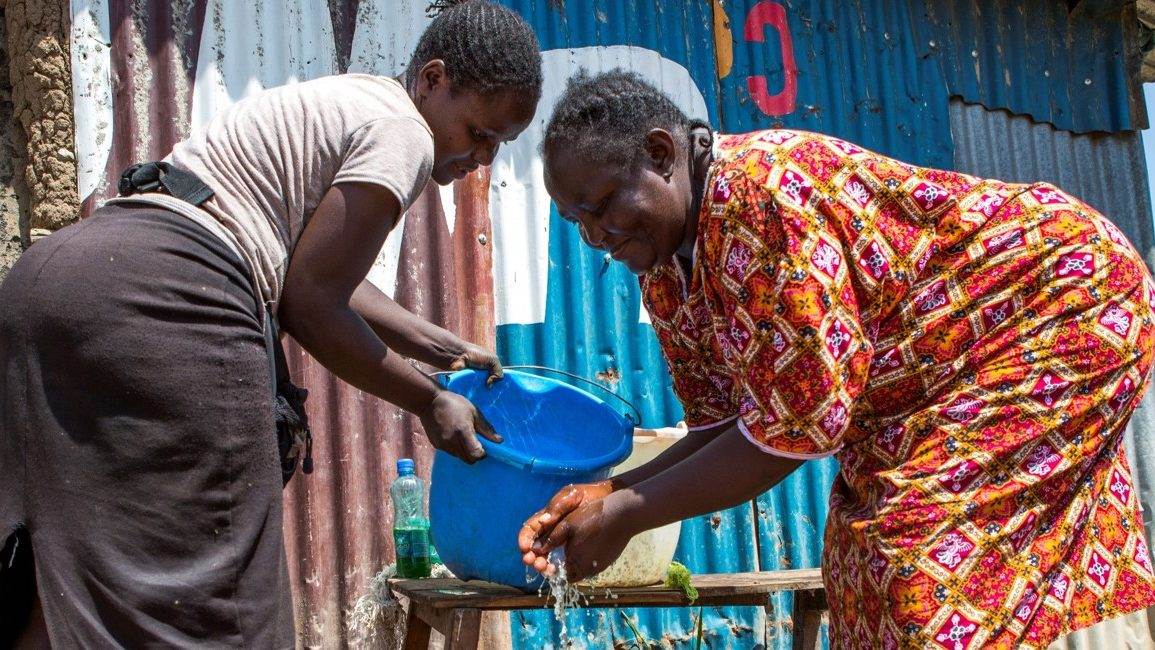
Knowledge & Expertise
Learn more from the work we do with communities, municipalities and utility companies to deliver sustainable sanitation, water and waste management services. Explore a sample of our reports, policy papers, technical information and publications.
View resourcesManaging Our Waste 2021
Read our report which calls for a people-centred approach to the waste crisis. Rather than focusing on waste flows and particular types of waste, we must turn attention to the waste services people need, and to opportunities for the most marginalised to be a core part of the solution.
Read the full story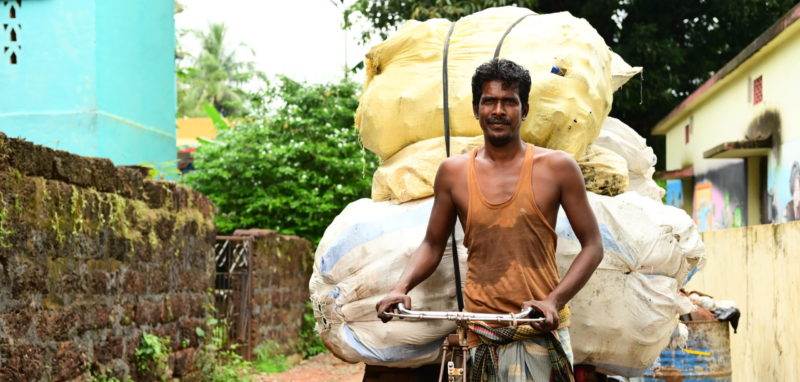
Cities partnerships
Our impact is achieved through a unique network of local, national and international partners, government organisations and forward thinking, companies and funders. Our shared goals and combined expertise mean that together we can take on some of the world’s toughest challenges.
